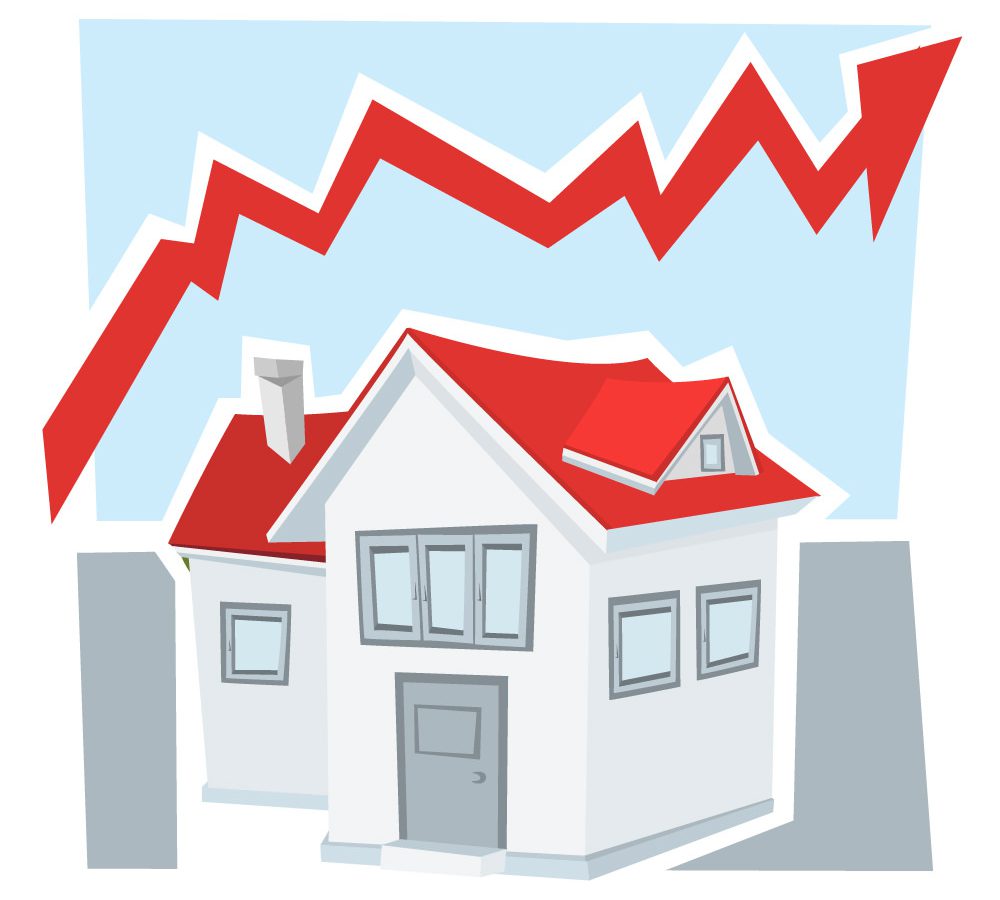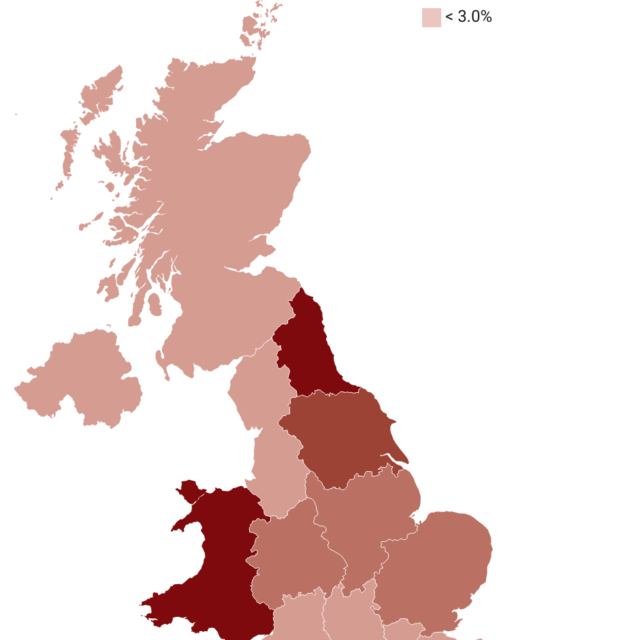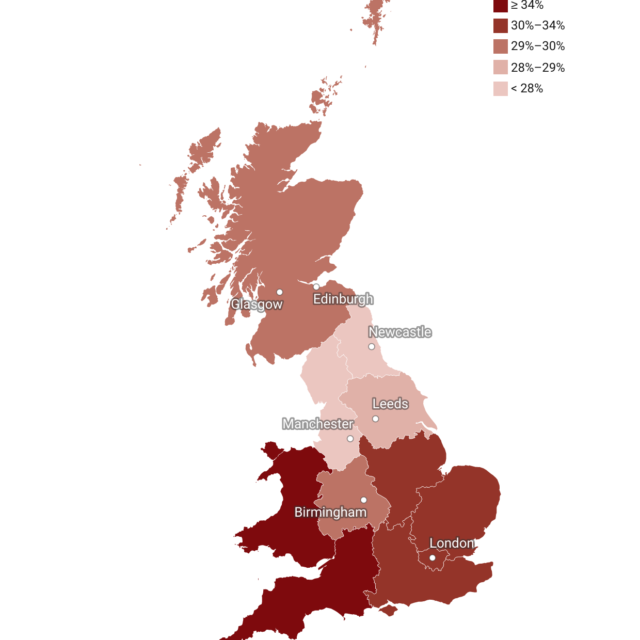What Germany can teach us about repairing our broken housing market
The Government admits “the UK housing market is broken”. No other major economy has experienced such a large rise since 1970 in house prices compared to income. The symptoms include the rise in the number of family units without their own home, dramatic falls in the rates of owner-occupation, particularly for younger households and the rise in the Housing Benefit bill.

The Government admits “the UK housing market is broken”. No other major economy has experienced such a large rise since 1970 in house prices compared to income. The symptoms include the rise in the number of family units without their own home, dramatic falls in the rates of owner-occupation, particularly for younger households and the rise in the Housing Benefit bill. One of the consequences is increased inequality between generations in the UK, see Resolution Foundation Intergenerational Commission. Local house prices now tend to reflect more heavily the access to good transport, education and a healthy environment. The increasing unaffordability of housing has therefore caused an increase in social exclusion for those without wealthy parents. There are consequences too for the wider economy of lower productivity and growth, and the greater vulnerability of the UK’s many debt-laden households and of the financial system as a whole.
In housing affordability levels and volatility, there could hardly be a greater contrast than between the UK and Germany. Even after Germany’s recent boom, average house prices compared to average incomes are still lower than in 1980, while the UK’s have rocketed. Residential housing supply has expanded far more in Germany and mortgage credit is more tightly regulated. A sensibly regulated rental market and stable German house prices have combined to produce a healthy rental sector with satisfied renters and long tenures. In the National Institute’s August Economic Review I examine the institutional and historical differences between the two countries and put forward four sets of reforms to fix the UK’s broken housing market.
The first is to scrap Council Tax, which bears far more heavily on less expensive housing and encourages conversion of multiple family units into luxury mansions. It should be replaced by a green land value tax (GLVT) to raise somewhat more revenue than Council Tax. Land is the ultimate immovable object and its ownership is very unequally distributed. Taxing it is efficient and fair. The green LVT would consist of a standard per square metre charge on the land plus a surcharge on the building depending on its energy usage, zero for an energy-neutral building. Such a GLVT would encourage the efficient use of land and energy, encourage home insulation and higher environmental standards, helping the UK to meet its climate obligations. Revaluation would occur annually or bi-annually to discourage speculation and to avoid cliff-edge changes that occur after long-delayed revaluations. To protect land-rich but cash-poor households, everyone would have the right to defer the tax. In return, the tax authority would register a proportionate interest at the Land Registry equal to the unpaid tax for each year deferred, to be settled when the property was sold or transferred. There would be no discounts for single persons or second homes. A 25% surcharge on owners not UK tax payers or pensioners would discourage foreign speculators.
The second set of reforms, to expand land supply and help fund infrastructure and increased social housing, has several ingredients. Public sector land banks should be able to acquire land at existing planning consents and should subsequently be able to revise these consents. For this, as Thomas Aubrey has argued, and the Labour Party agrees, changes to the 1961 Land Compensation Act are needed. Far more of the uplift in land values when planning permission is given would then accrue to society (rather than to the landowner) and be available to fund infrastructure and affordable housing. To make this work, it is essential that the government should shift its budgetary rules to focus on net debt, which subtracts from debt the marketable land assets owned by the government. Then, if the government borrows to buy land for the public sector land bank, this would not add to net debt. Eventually, it would actually reduce net debt, as land was revalued with change of use. Financial incentives on local government need to increase to encourage planning consents, and a far greater public or social sector house-building programme is required to provide affordable homes.
A third set of reforms should be of the rental sector, to encourage long-term tenancies, on which there is now political consensus, with better regulation of the quality of the stock of rented housing and flexible rent controls.
The final policy area for reform is the regulation of pensions. One driver of the British public’s enthusiasm for owning property is the perceived low returns, risks and complexity of investing in pension funds. A range of interventions to reduce fees should include offering a small range of publicly-regulated, low-fee, ‘vanilla’ pension products, both for auto-enrolled pensions and for general sale.
We don’t have to put up with a broken housing market: the experience of other countries such as Germany shows us it is possible to have a healthy one. Fixing the UK housing market requires a holistic approach but promises more affordable homes, more sustainable and equitable growth and lower risks to financial stability.
John Muellbauer is a Senior Research Fellow of Nuffield College and a Professor at Oxford University. His article for the August NIESR Review “Housing, debt and the economy: a tale of two countries” (subscription required) draws on the Anglo-German Foundation lecture with the same title given at the Berlin-Brandenburgische Akademie der Wissenschaften in May 2017

















